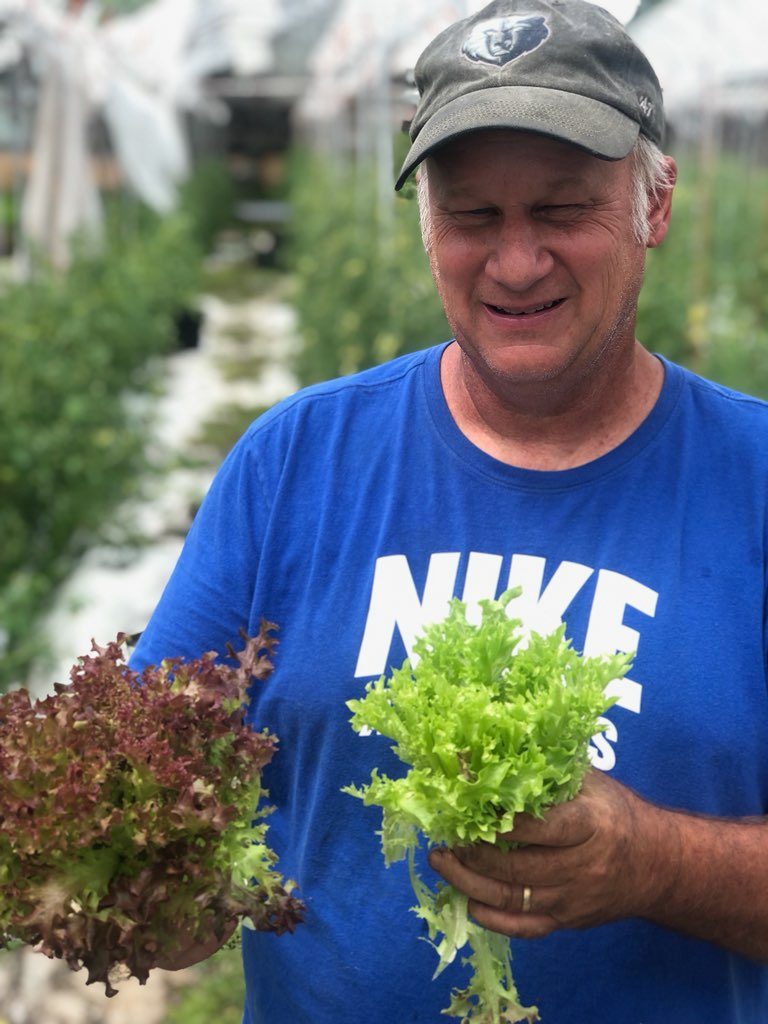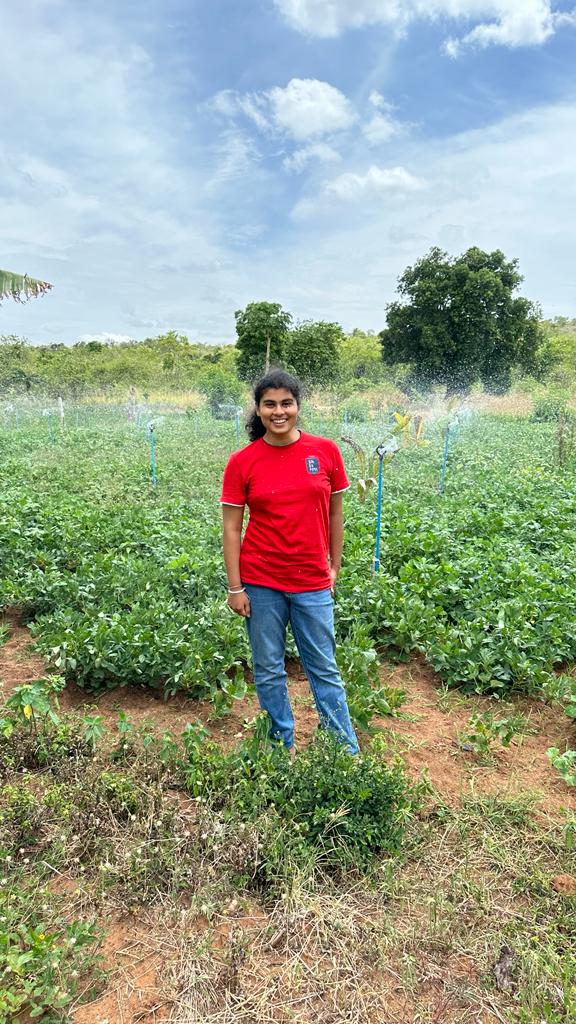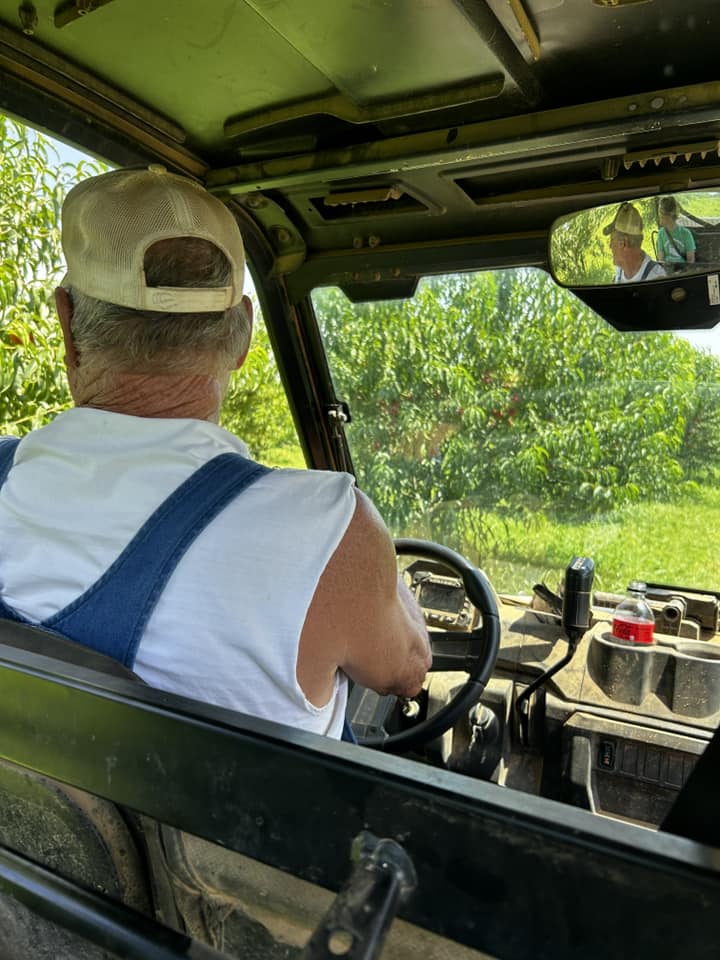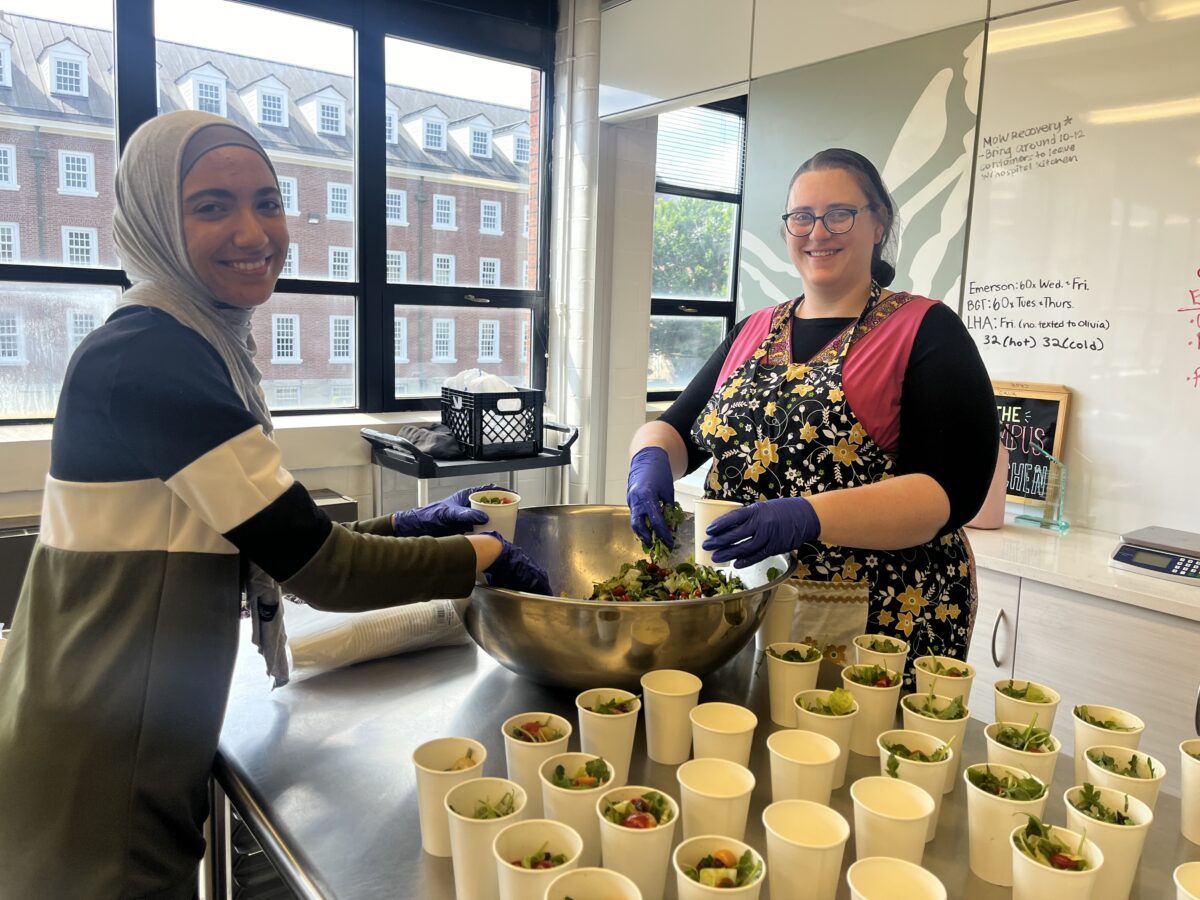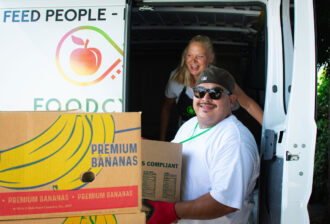About this project
Waste Not, Want Not- Kentucky Feeding Network (WiN-WiN) (FLW24-011)
Dawn Brewer, University of Kentucky - $500,127
The Waste Not, Want Not–Kentucky Feeding Network project leverages community-based participatory research to develop and implement outreach materials that reduce food loss and waste of farm-fresh foods. We concentrate on recovery and distribution across four different types of nonprofit community food programs, with a plan to expand our reach with new community partners. Our partner community programs include substance use recovery centers, food pantries, church meal programs, and foster homes. These types of organizations are common across Kentucky and the United States, making our model adaptable to various communities in the future.
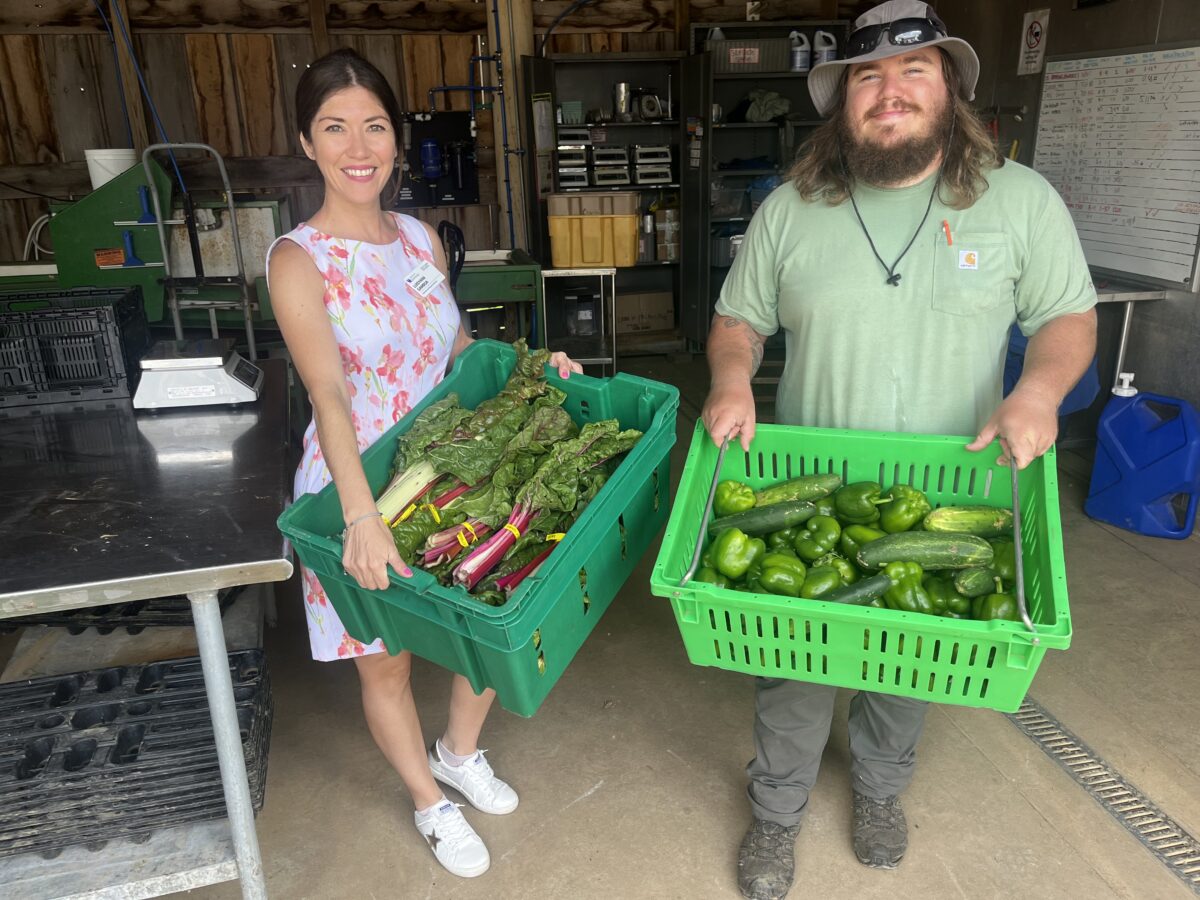
Our research team brings together expertise in nutrition, food recovery, and the repurposing of food that would otherwise be wasted. Additionally, we have experience in local food systems and in connecting farmers with diverse food outlets, which strengthens our capacity to make an impact. We work to connect nonprofits and farmers through our statewide gleaning partner, providing surplus food to a variety of organizations that support food-insecure populations.
At the University of Kentucky, we have developed a strong foundation for this work through the Campus Kitchen, a service organization housed in the Department of Dietetics and Human Nutrition. The Campus Kitchen recovers food that would otherwise go to waste, repurposes the recovered food as well-balanced meals, and distributes the meals through community partners. Our SARE grant project aims to expand the food loss waste reduction efforts of this model into neighboring counties by creating community-partner-informed educational materials that share our insights on preventing food loss and waste within the various types of nonprofit community food programs. We are also dedicated to addressing specific nutrition and education needs within these programs, ensuring a holistic approach to addressing food insecurity and supporting health and wellness.
